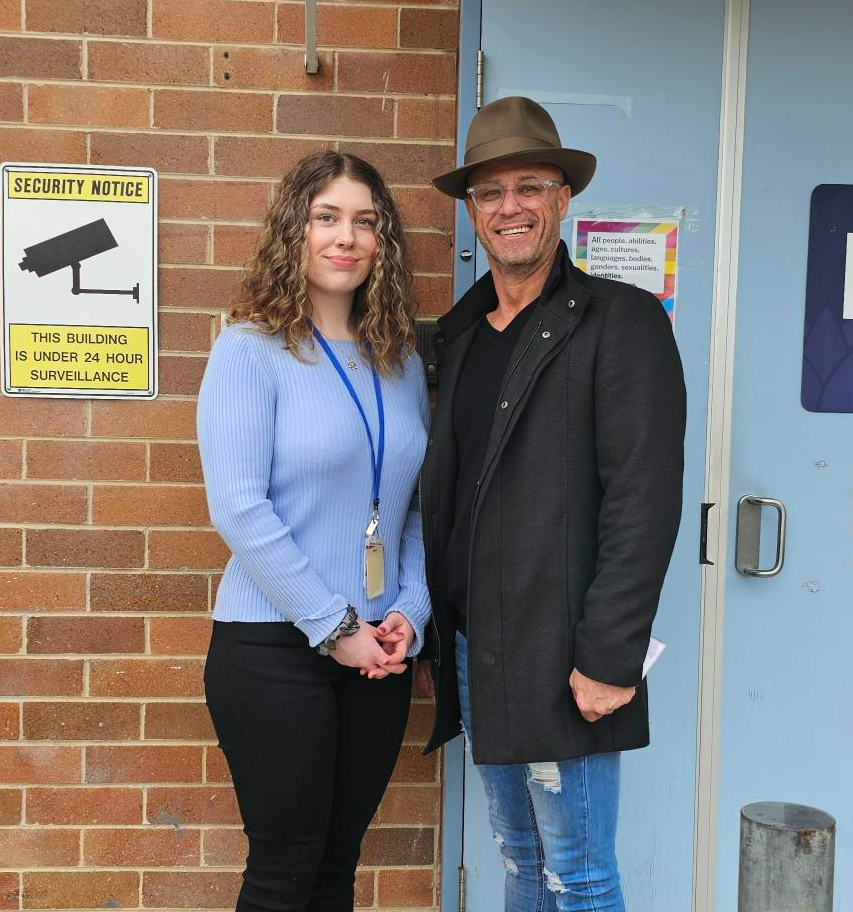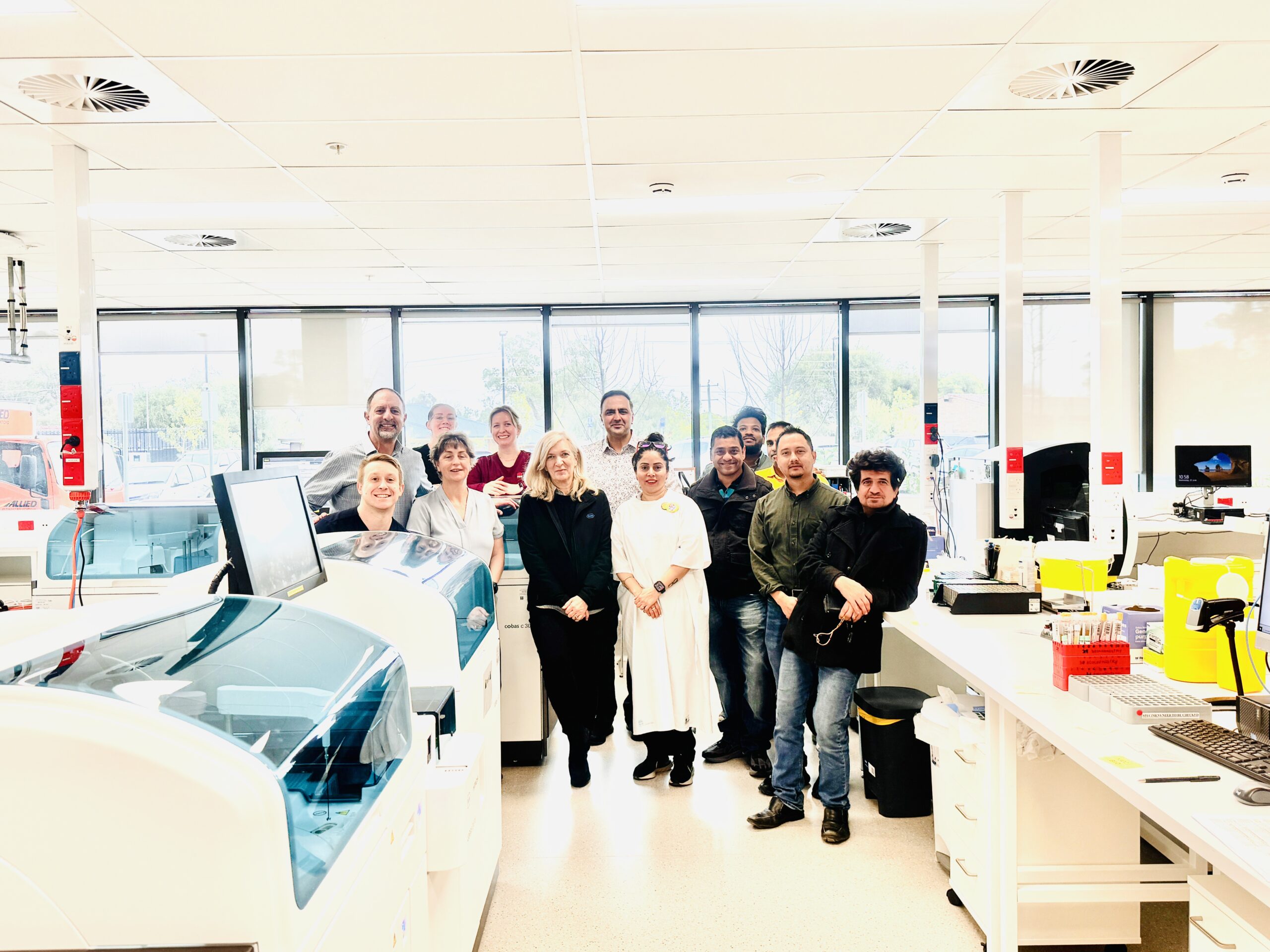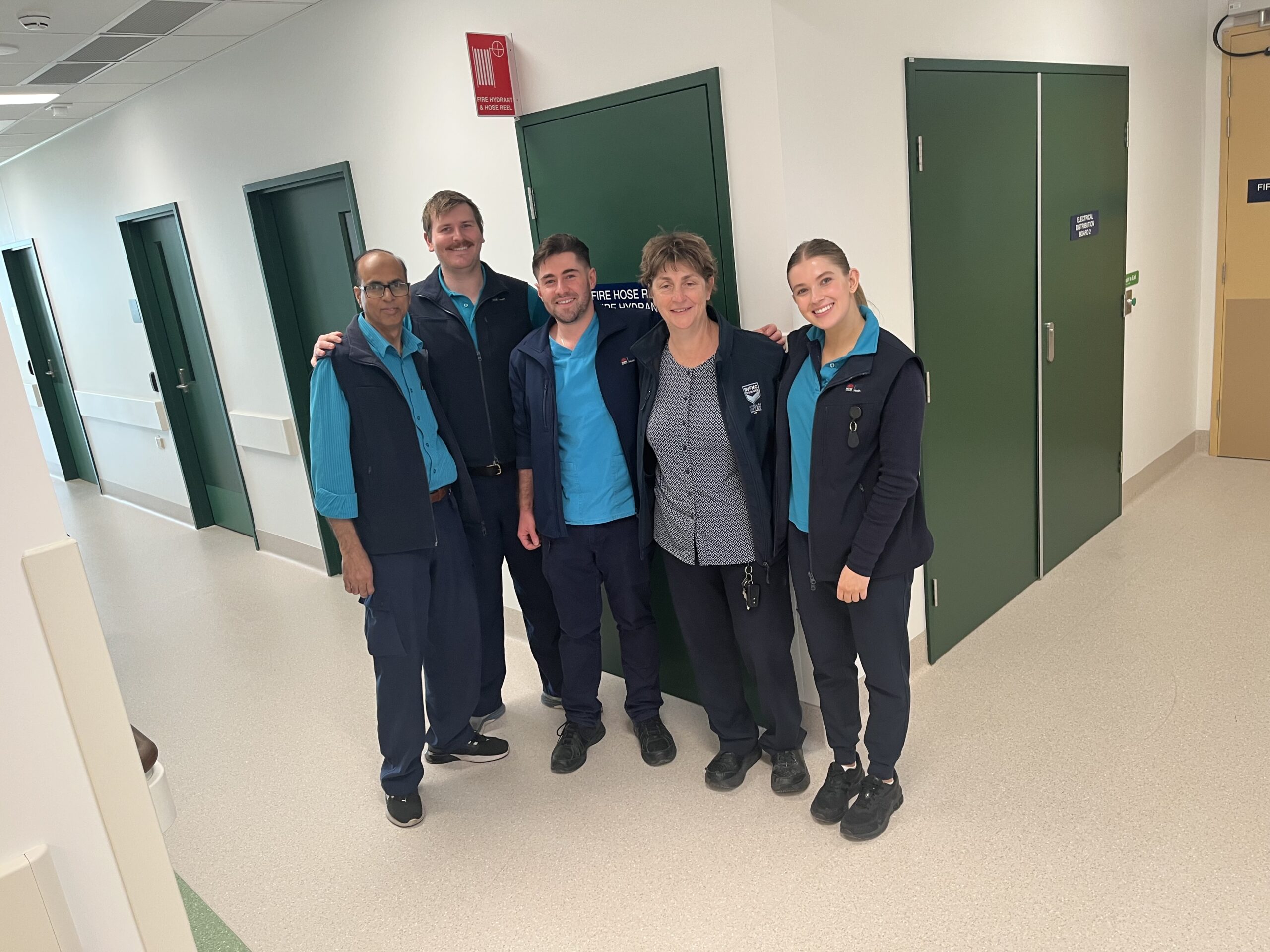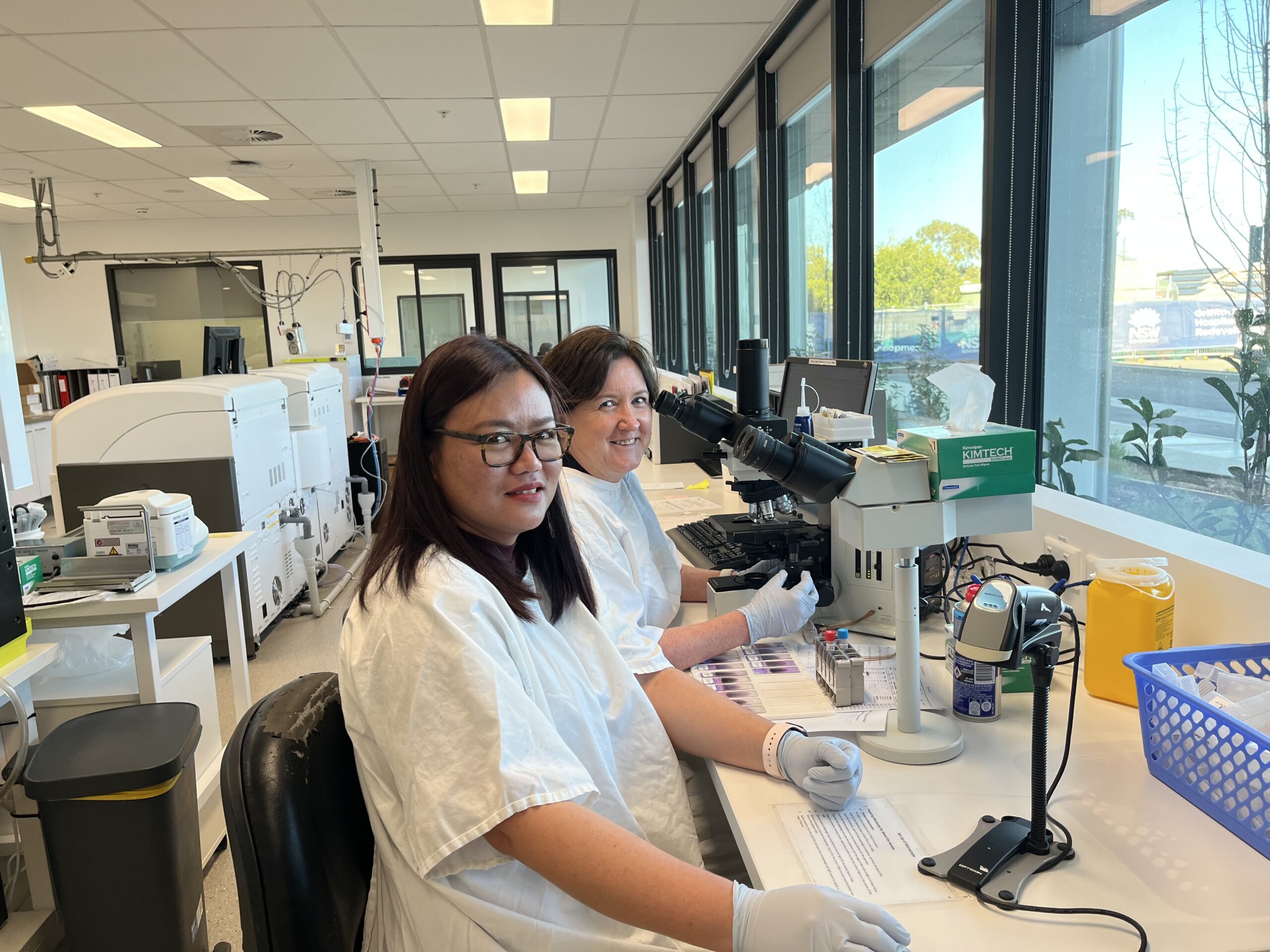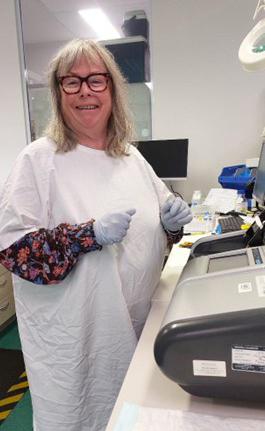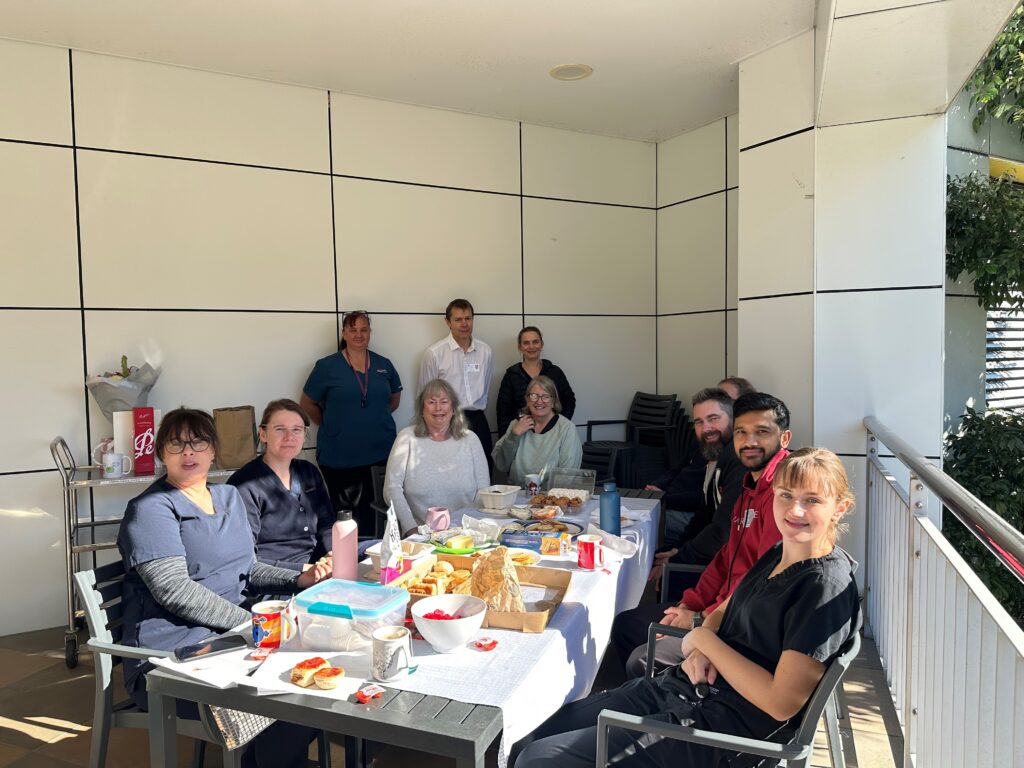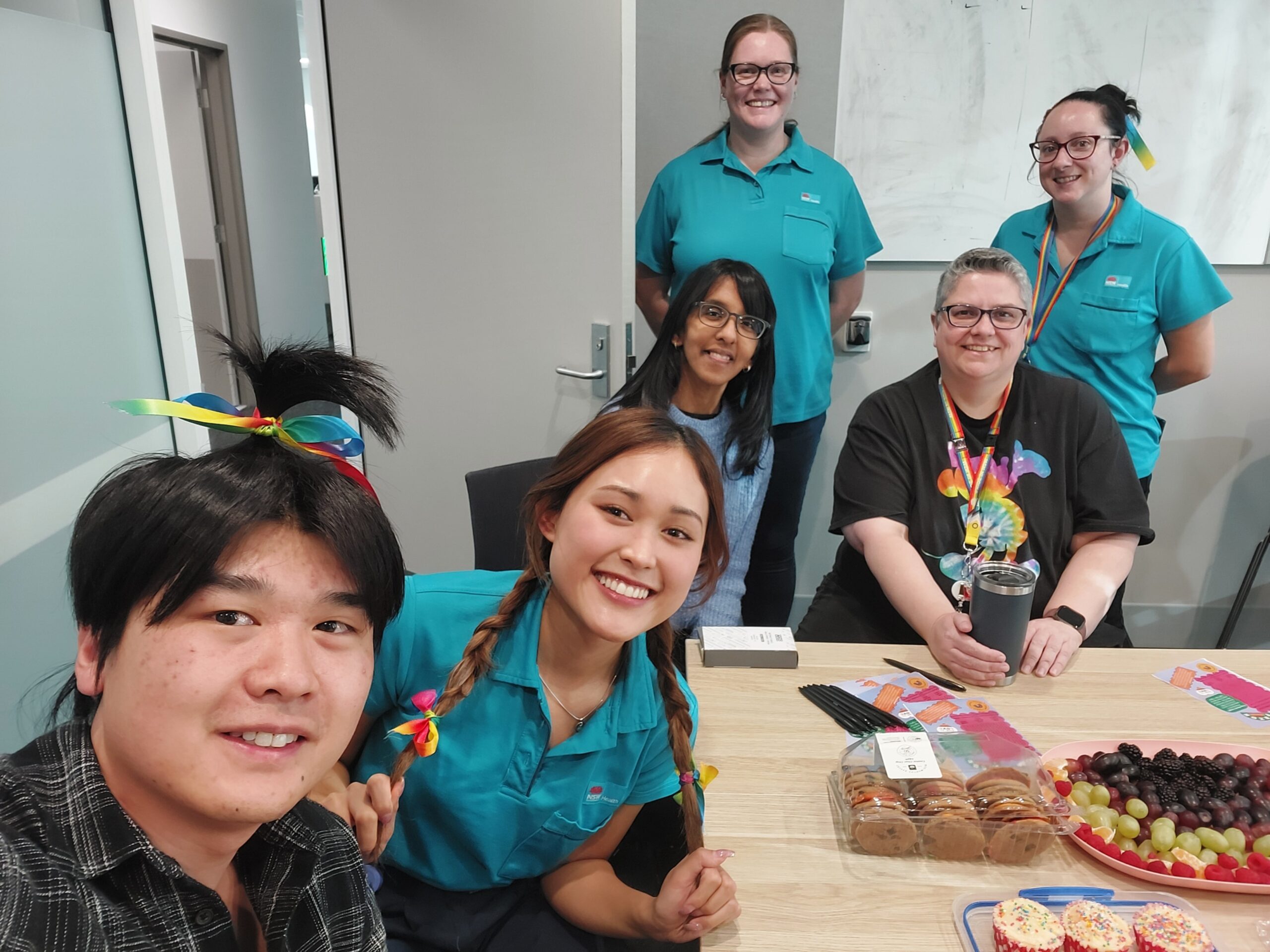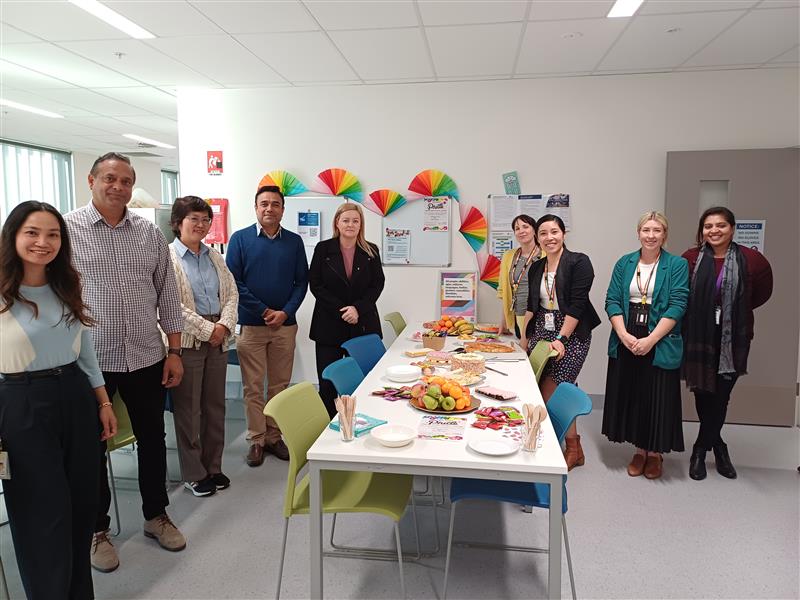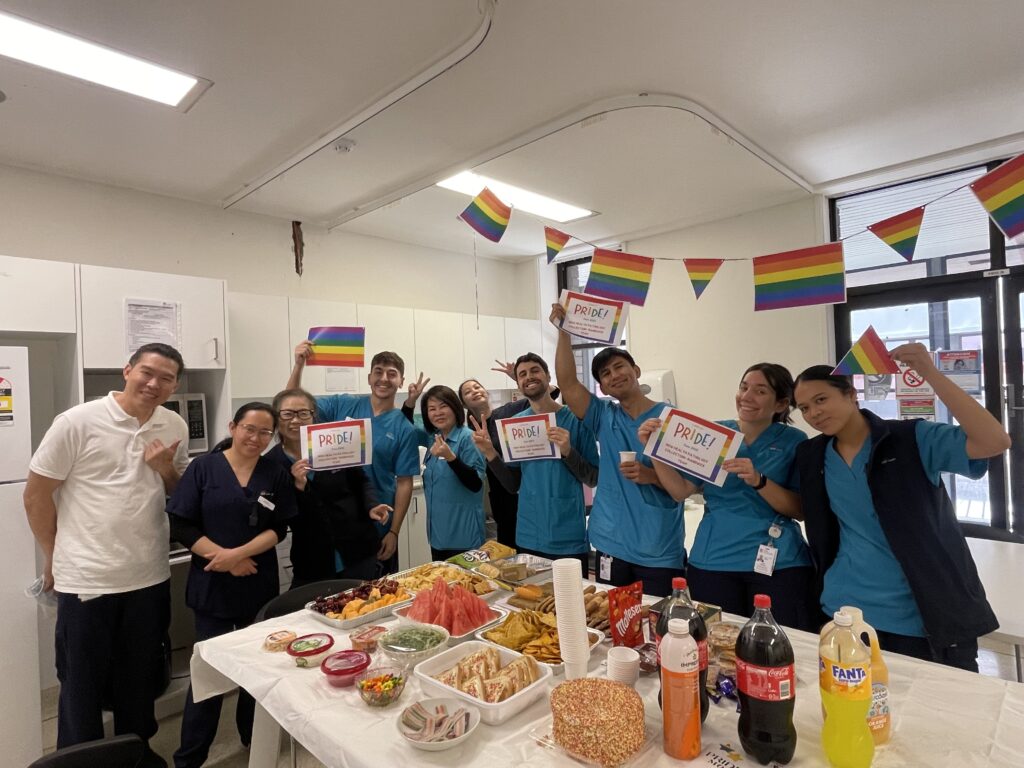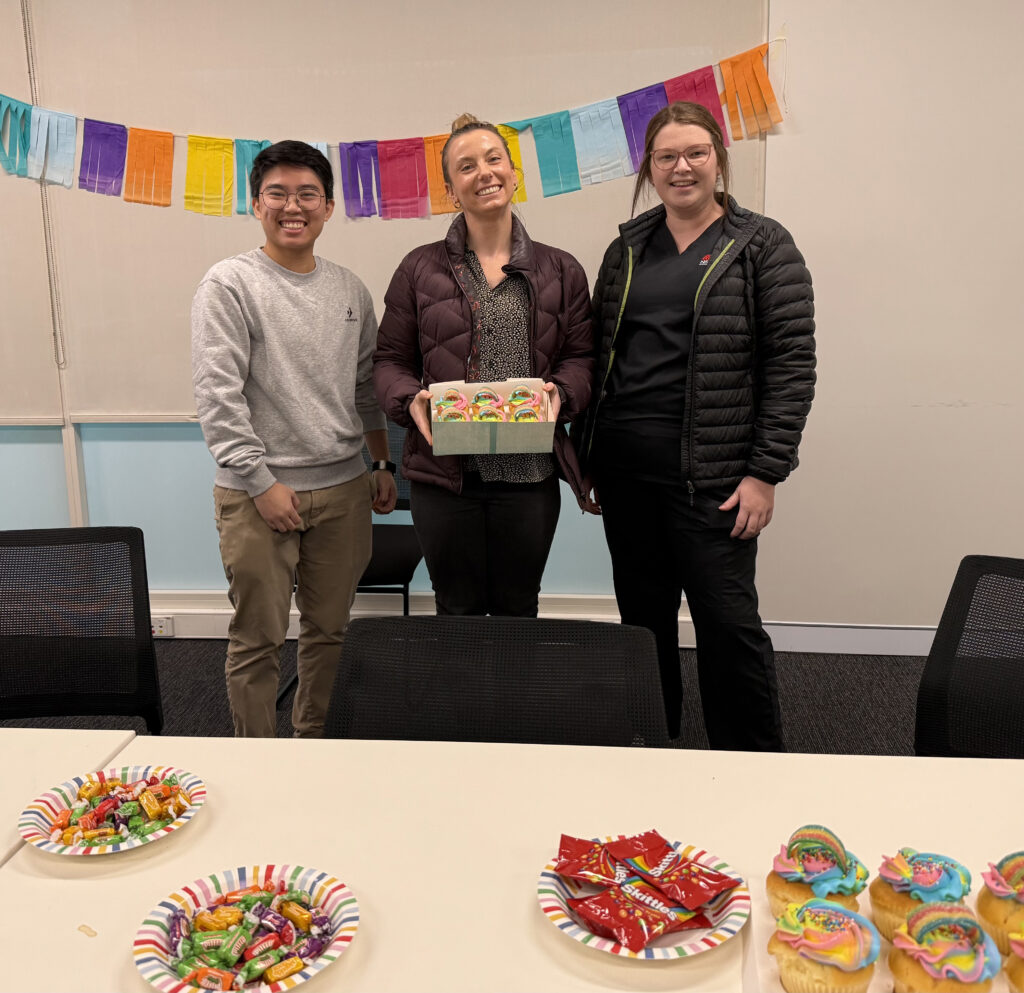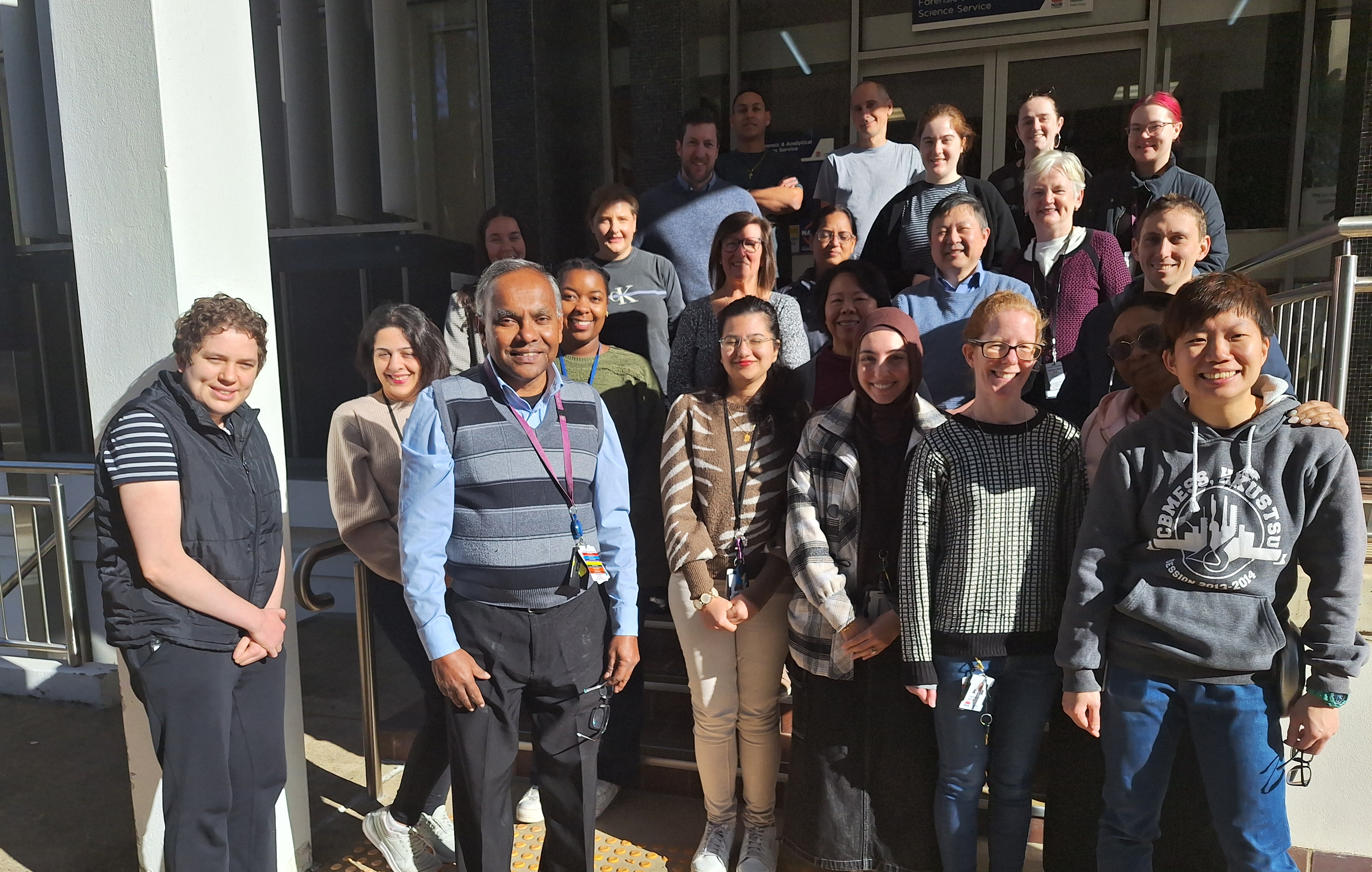Ethan Edwards has just started a two-year traineeship with NSW Health Pathology at our John Hunter Hospital Laboratory in Newcastle. His connection with the hospital is the reason he’s chosen to pursue a career in health.
At 22, Ethan Edwards was already familiar with Newcastle’s John Hunter Hospital before he started working for NSW Health Pathology this year.
A proud Awabakal man, Ethan joined our traineeship program for people from marginalised or disadvantaged backgrounds, offering them a chance to get started in a rewarding career in health.
“Growing up, I experienced periods of homelessness, and my family had struggles with drugs and alcohol. I am also a Type 1 diabetic, so I was admitted to hospital a fair bit,” Ethan said.
“I ended up at John Hunter Hospital at the age of 11 and was taken into care.
“Although for me being in hospital was hard, I remember the staff were always kind and caring.
“I think that’s where the idea of working in healthcare started, just knowing that I wanted to give back and give that same support and care to people going through a hard time.”
Starting a traineeship
After finishing school, Ethan began work as a kitchen hand at John Hunter Hospital through HealthShare and later moved to an admin role in the maternity ward with Hunter New England Local Health District.
When the opportunity came up to start a traineeship in pathology, Ethan was excited at the chance to do some hands-on work in the laboratory.
“It’s a two-year traineeship and although I’ve just started learning about all the different areas of the lab, I am keen to stay working in pathology once the traineeship is over.
“I like knowing that the laboratory work is helping patients, even though it’s behind the scenes.
“People ask me if it’s difficult working in the same hospital where I spent so much time as a kid, but I think it’s helped me move on from that trauma and realise it’s a positive place where I can move forward and grow.”
What NAIDOC Week means to me
Ethan says NAIDOC Week is a great chance for all Australians to learn more about First Nations culture in their local region and celebrate alongside the Indigenous community.
“My connection to Awabakal country here in Newcastle is very important,” he said.
“I meet regularly with local Elders and go to local schools to talk to the students about what it means to be Aboriginal and help them learn more about their culture.”

Front: Amber Cumming (NSWHP Talent Acquisition Specialist), Jodie Barnes.
Aboriginal Education and Initiatives Consultant at NSW Health Pathology, Darian Preece says the traineeships are all about ensuring people who might otherwise be overlooked get a chance to start a career.
“Ethan has a really strong future in pathology and I’m excited to see where this opportunity takes him,” he said.
“I’m looking forward to working with all our new trainees here at John Hunter Hospital and the other sites across the state. It’s all about supporting them and making sure they can fulfill their potential.
“We want the workforce here at NSW Health Pathology to better reflect the communities we live in. That’s how we get better health outcomes for patients and a more diverse and effective workforce.”
NSW Health Pathology is proud of its traineeship program offering opportunities for Aboriginal people, people living with a disability, young people and other marginalised or disadvantaged groups.
In 2024, 21 traineeships were offered and the 2025 intake has seen 35 trainees placed in metropolitan and regional areas of NSW in Central Specimen Reception, Collections, Administration and Laboratories.

